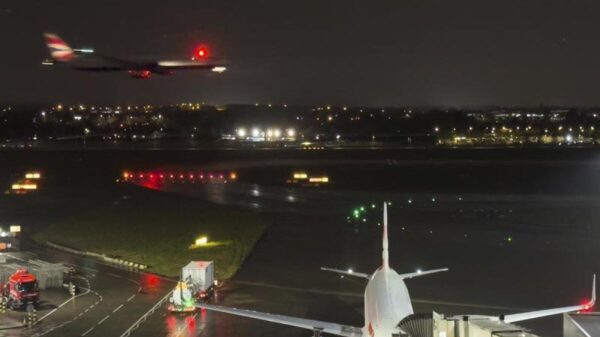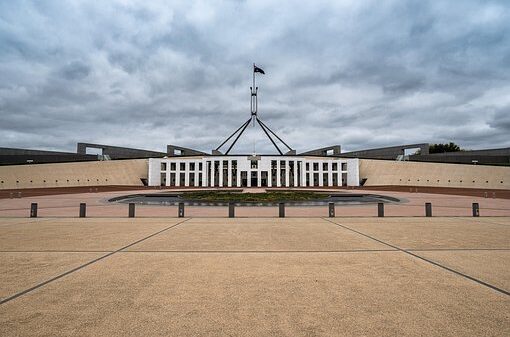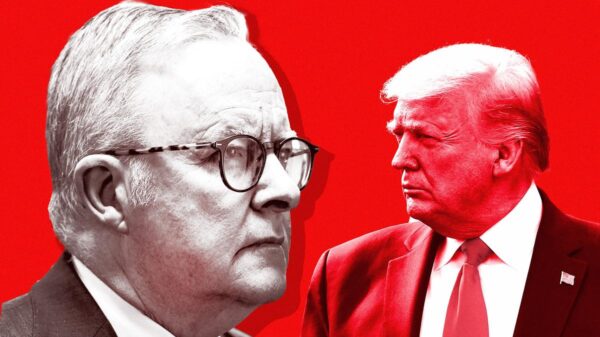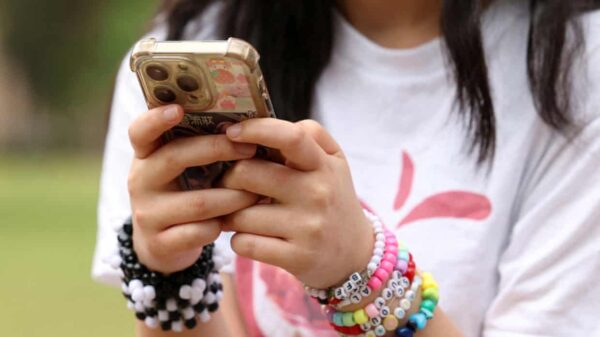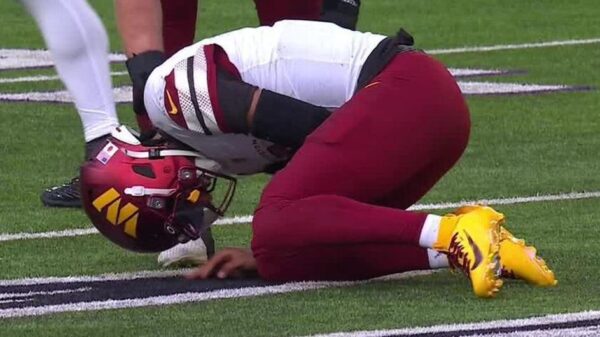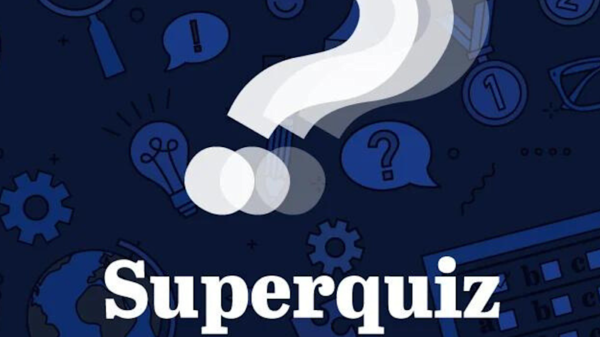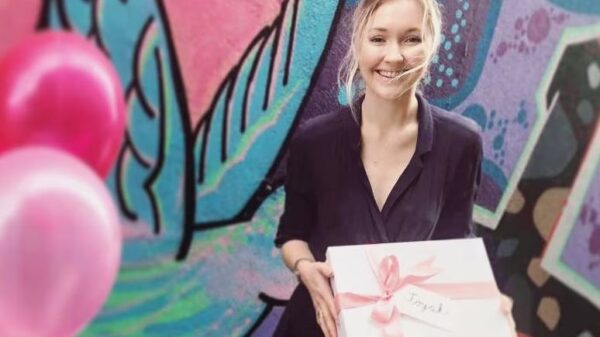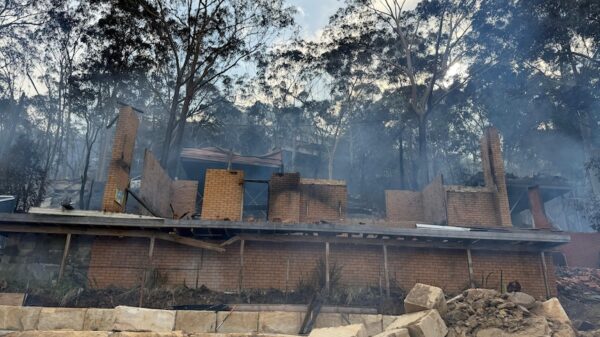The Louvre Museum in Paris reopened its doors on March 20, 2024, just three days after a daring heist resulted in the theft of historic jewels valued at an estimated $A157 million. The robbery has sparked significant concern over security protocols at one of the world’s most famous cultural institutions.
Visitors lined up to enter the museum’s iconic glass pyramid, eager to return to the site where hooded assailants executed a meticulously planned operation. The thieves accessed the museum by using a stolen movers’ lift to break through a second-floor window, successfully stealing jewels from the royal collection before escaping.
Security Questions Arise
In the aftermath of the robbery, Laurent Nunez, France’s Interior Minister, acknowledged serious security failures at the museum. He stated on Europe 1 radio, “There was a burglary at the Louvre; some of the most precious jewels in France were stolen. So obviously it’s a failure, there is nothing else I can say.” Nunez confirmed that the alarm system was activated immediately upon the window being breached, with police arriving within three minutes. He expressed confidence that the culprits will be apprehended but refrained from discussing the ongoing manhunt.
On the same day, Rachida Dati, the Minister of Culture, announced an administrative inquiry into the incident, countering criticisms that she had previously downplayed security concerns in parliament. The museum’s director, Laurence des Cars, is set to face questions from French senators later today regarding the security measures in place at the museum.
Despite the alarming incident, Dati emphasized that there had not been lapses in security. Her statements have drawn backlash, particularly as des Cars had previously warned in January about the deteriorating condition of the centuries-old building.
Future Renovations and Security Upgrades
In light of the recent events, French President Emmanuel Macron announced a comprehensive six-year renovation plan for the Louvre, which will include significant financial allocations for enhancing security. This comes amid rising concerns over the effectiveness of current measures to protect the museum’s vast collection.
During a discussion about budget allocations, Pierre Moscovici, head of France’s national audit office, clarified that the Louvre is well-funded and does not face financial constraints impacting its security. He stated, “It is richly endowed, there are sponsorships; really, the Louvre is not without resources.”
The Louvre, originally built in the late 12th century, served as the official residence for French kings before being transformed into a museum in 1793. Today, it stands as the world’s most-visited museum, attracting 8.7 million visitors in 2024. The museum is home to iconic works such as the Mona Lisa and the Venus de Milo, making it a focal point of global cultural heritage.
As investigations proceed and security measures are reassessed, the Louvre aims to restore public confidence and protect its invaluable collection for future generations.










